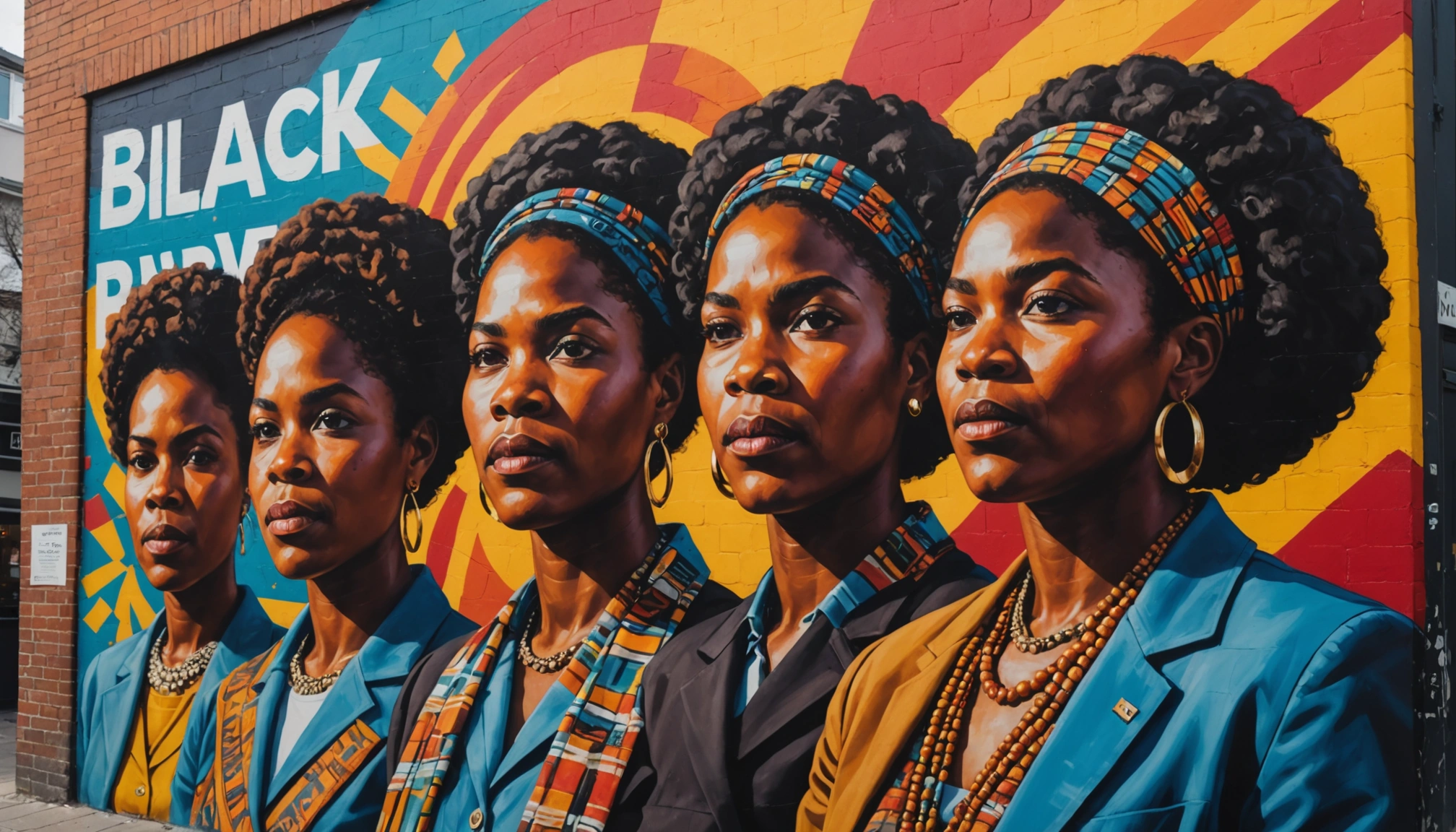
Erased but Not Forgotten: The Pain of Losing Our Heroes from the History Books
- May 10, 2025
- 2 min read
Erased but Not Forgotten: The Pain of Losing Our Heroes from the History Books
I remember the first time I learned about Harriet Tubman. I was in third grade, sitting cross-legged on a worn carpet in a public school classroom, listening intently as my teacher told us about a woman who risked her life to free others from slavery. My eyes lit up—not just because of her bravery, but because I saw someone who looked like me doing something that mattered.
Now imagine what it feels like to watch those same stories slowly disappear from the public eye—especially from government websites, museums, and official archives. To see the achievements of African American heroes like Frederick Douglass, Shirley Chisholm, Medgar Evers, and so many others quietly removed, minimized, or omitted altogether sends a chilling message: your story doesn’t matter anymore.
When our government—the institution that’s supposed to represent all of us—starts sanitizing history by erasing our contributions, it’s more than just disappointing. It’s a dangerous step backward. It chips away at our collective memory. It denies our children the role models they deserve and the truth they need to understand the world they live in.
As a Black American, I carry the legacy of generations who fought, created, sacrificed, and persevered against unimaginable odds. From scientists like George Washington Carver, to artists like Maya Angelou, to civil rights warriors like John Lewis, our story is not a footnote in American history—it is American history. When that truth is erased or neglected on public platforms, it reinforces a narrative that we were simply passive participants in our nation’s journey, instead of the trailblazers we truly are.
And for our children, the impact is profound. When young Black boys and girls can’t find faces like theirs in the pages of their textbooks or the links on a government site, it robs them of hope. It subtly teaches them that greatness doesn’t come from people like them. That invisibility breeds self-doubt. It feeds a cycle that keeps too many of our kids from dreaming big, because they never saw proof that someone who looked like them already did it.
This isn’t about rewriting history—it’s about preserving the whole truth. We can’t afford to let our heroes vanish quietly. We owe it to our ancestors who bled and died for freedom. We owe it to our elders who marched and organized for equality. And we owe it to the next generation, who will one day lead this country and deserve to do so with a full understanding of the legacy they inherit.
So no, we won’t be silent while history is rewritten without us. We will teach our children at home, in churches, in barbershops and community centers. We will tell the stories ourselves if we must—but we’ll also keep demanding that our government tell them too. Because our story isn’t just African American history. It’s American history. And erasing it doesn’t just hurt us—it hurts the soul of this nation.
Let’s keep remembering. Let’s keep teaching. Let’s keep writing it down—so no one ever forgets again.






Comments